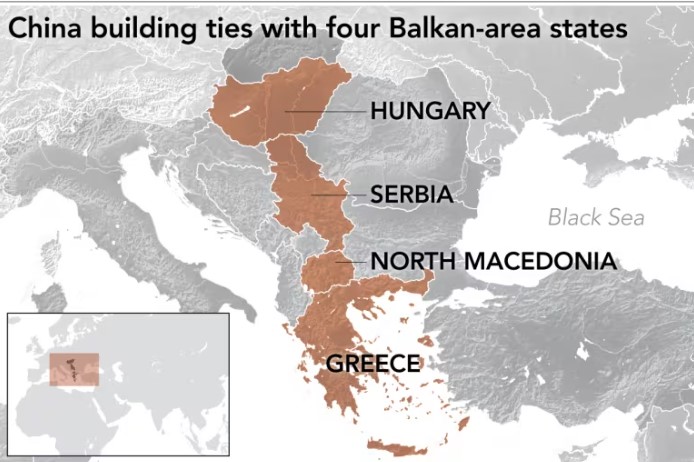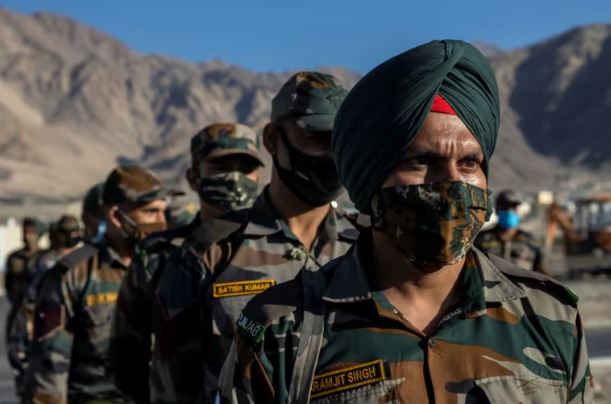
Nikkei Asia correspondent. Washington DC/ Cairo/Beijing/Dalian/NY. Ariel Sharon’s last interview. ken.moriyasu@nex.nikkei.com 森安健https://t.co/yhwMmcv49x
How to get URL link on X (Twitter) App


 2/ Most notable are the growing ties between China and Serbia.
2/ Most notable are the growing ties between China and Serbia.
 2/ Other things he said:
2/ Other things he said: 











 2/ Campbell: Kishida's arrival in Washington Friday will be unusual in that he is not arriving directly from Asia, but coming after completing "a remarkable visit through Europe" in which the dominant topic was how Japan can work more closely with Europe to support Ukraine.
2/ Campbell: Kishida's arrival in Washington Friday will be unusual in that he is not arriving directly from Asia, but coming after completing "a remarkable visit through Europe" in which the dominant topic was how Japan can work more closely with Europe to support Ukraine.


